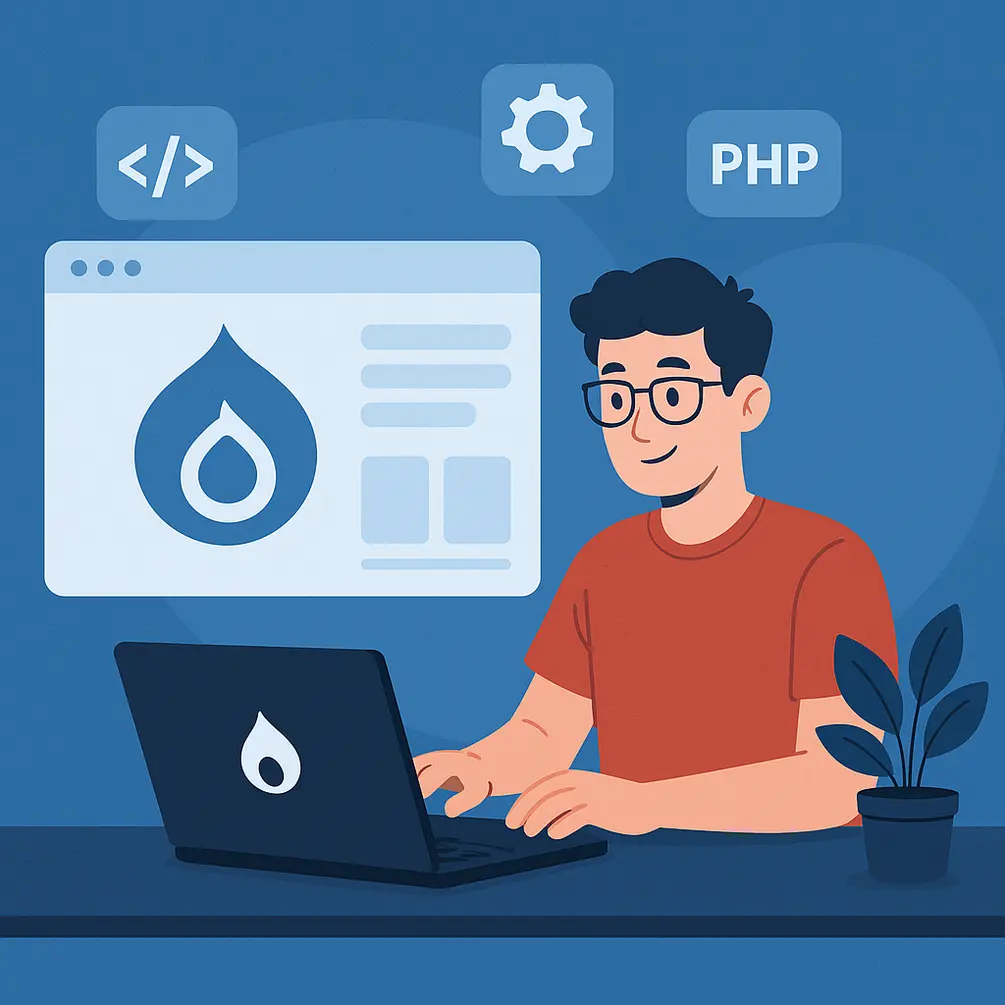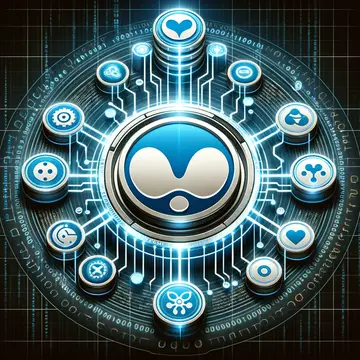FAQ: Who is a Drupal Developer
1. What is Drupal and what is it used for?
Drupal is a powerful open-source content management system (CMS) built on PHP. It is used to create websites of any complexity, from blogs to government portals.
2. Who is a Drupal developer?
This is a specialist who creates, configures, extends and maintains websites on Drupal. He works with the modular structure of the CMS, configures functionality and is responsible for the smooth operation of the website.
3. What are the types of Drupal developers?
Usually, there are:
- A website builder configures a website without programming;
- A backend developer writes modules, works with logic and API;
- A frontend developer (turner) deals with design, layout, adaptability;
- A full-stack or universal developer has all the skills at the same time.
4. What is the difference between a website builder and a backend developer?
A website builder uses a graphical interface to create the structure of a website. A backend developer creates new logic or integration using code.
5. What programming languages does a Drupal developer use?
The main language is PHP. HTML, CSS, JavaScript, knowledge of Twig, Symfony, Git, and Composer are also important.
6. What is a custom module in Drupal?
This is a specially created functionality that is not in the standard core or third-party modules. Such a module is developed for the specific needs of the site.
7. Are design skills needed for a Drupal developer?
Yes, for a frontend developer. He must understand the principles of UX/UI, responsive layout, and work with HTML/CSS/Twig.
8. What tasks does a backend developer perform in Drupal?
Writes your own logic, works with databases, configures API integrations, develops new modules, ensures site security and performance.
9. Is it possible to work as a Drupal developer without programming experience?
You can start by specialising in a website builder, but for development, you need to learn the basics of programming, especially PHP and Drupal API.
10. How popular is Drupal in the world?
Drupal is widely used in government agencies, educational organisations, non-governmental organisations, as well as medium and large businesses. It is one of the most powerful open-source CMS.
11. How is Drupal different from WordPress or Joomla?
Drupal is more complex, but more powerful. It is better suited for large-scale projects with flexible structures, access, and integrations.
12. How much does a Drupal developer earn?
The salary level depends on experience and geography. On average, this is one of the well-paid specialisations in web development.
13. How to start a career in Drupal development?
You should install Drupal, learn the basic terminology (nodes, fields, views), and try to create a simple site. Then gradually learn PHP, Drupal API and join the community.
14. Do you need to know English?
Yes, it is desirable. Drupal documentation, community and most of the training materials are in English.
15. How to find a good job as a Drupal developer?
Start with freelance projects, participation in communities (Drupal.org, Stack Overflow), create a portfolio, actively update your skills and look for companies specialising in Drupal, such as Drupfan.





